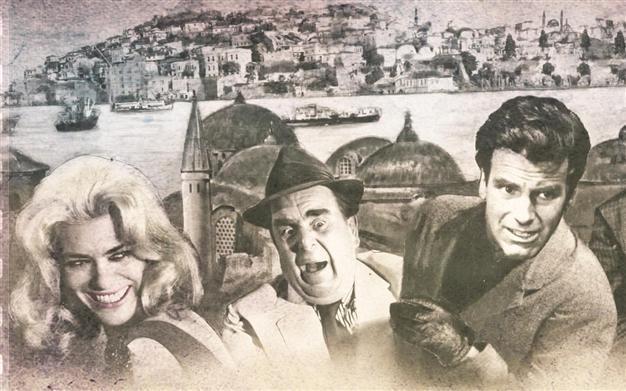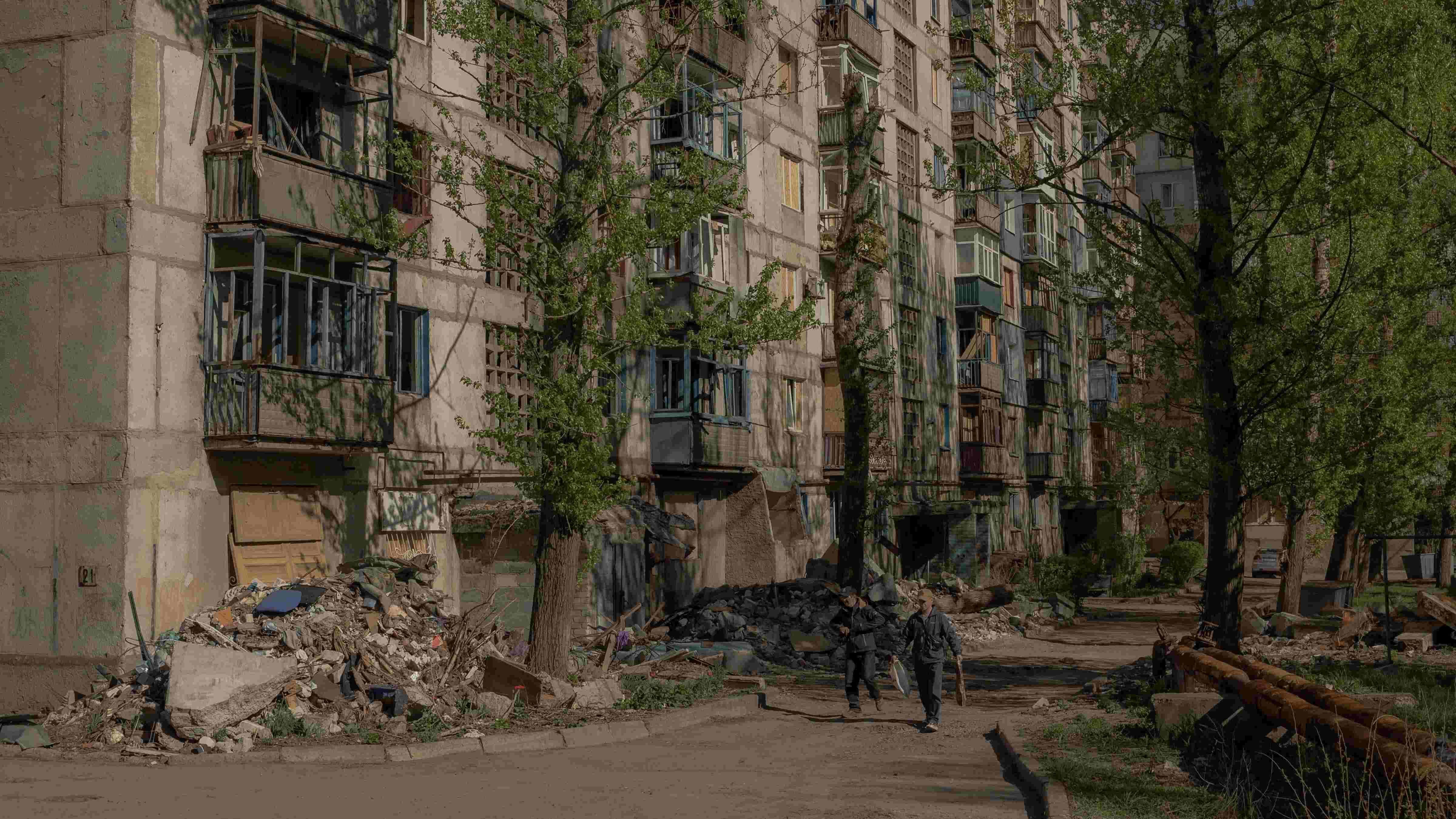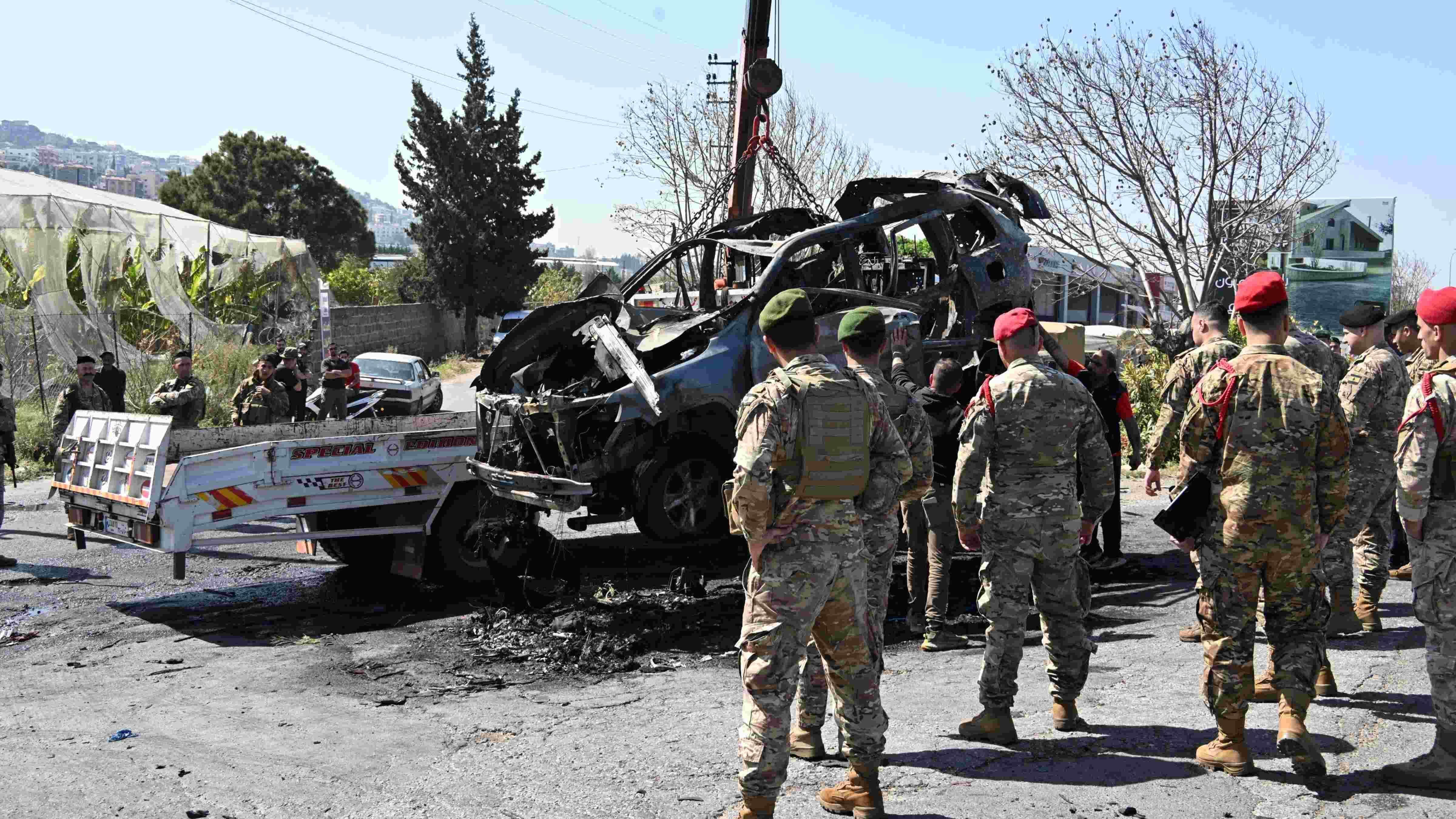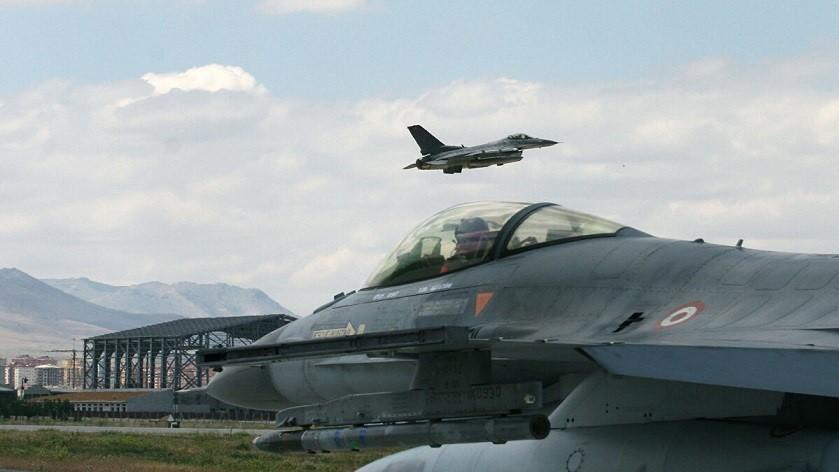Orientalist look from Hollywood
EMRAH GÜLER ANKARA - Hürriyet Daily News

Turkey, and especially Istanbul, has been home to some very Orientalist and unrealistic depictions in foreign productions, depictions, in most cases, more consistent with Arab countries.
“It is evident that cinema makes a big contribution to tourism,” Culture and Tourism Minister Ertuğrul Günay said in a June 13 meeting at Istanbul’s Kadir Has University, which brought together representatives from the Ministry and the Turkish cinema sector.The meeting was convened to kick-start work on the new Turkish cinema draft law, the first seen since 2004. Set to be included in the new draft law will the establishment of a platform to provide support to foreign films shot in Turkey. Günay said, “We already do our best [to support] such productions, but we think that it would be easier to appear in the world market if we collaborate with a foreign film company.”
Günay has in fact been flirting with a system to increase foreign film productions in Turkey for some time now. Building sets and stages devoted to foreign film productions is one of the projects he has proposed. An incentive system is another.
Last year, he met with producers of the upcoming James Bond movie “Skyfall,” to make known his enthusiasm to have many of the film’s scenes filmed in Turkey. The production team, including current James Bond actor, Daniel Craig, were in Turkey earlier this year to film scenes at Istanbul’s Sultanahmet Square, Hagia Sophia, the coastal town of Fethiye, and the historic Varda Railway Bridge close to the southern city of Adana.
While the James Bond film team was working in Turkey last April the question of whether Turkey would be depicted in the film with an Orientalist perspective similar to how Iran is often portrayed in Western films. Of course we won’t know the answer to that until the movie is released in November, but we can easily say that Turkey, and especially Istanbul, has been subjected to some very Orientalist and unrealistic depictions in previous foreign productions.
Perhaps the most notorious non-Turkish production set in Turkey is the 1978 Oscar winner “Midnight Express.” Director Alan Parker and writer Oliver Stone’s account of the American student Billy Hayes imprisonment in a Turkish prison for attempting to smuggle hashish out of the country went on to become the ultimate Turkish hate film.
Reinforcing the age-old stereotype of that Turks are the barbarians of Western culture, the movie pushed boundaries of realism even for an audience with more neutral feelings to the depiction of Turks.
Another famous film which uses Istanbul as a central character under a full-fledged Orientalist point of view is Jules Dassin’s 1964 crime caper “Topkapı.” Starring Peter Ustinov, Maximillian Schell and Melina Mercouri the film centers on a multi-national gang of thieves who attempt to steal Sultan Mahmud I’s emerald-encrusted dagger from the Topkapı Palace. Dassin’s Istanbul is an exotic and mysterious place, a city which springs right out of “Tales of 1001 Nights.” In the film Turkish people speak English in bizarre accents and the Turkish police are an echo of the sadistic, brutal ones seen in “Midnight Express.”
Who wants to defend Turks?
Istanbul’s Sirkeci train station is the setting in the acclaimed adaptation of Agatha Christie’s “Murder on the Orient Express,” directed by Sdyney Lumet and featuring a dream cast of Lauren Bacall, Ingrid Bergman, Sean Connery, John Gielgud, Vanessa Redgrave, Michael York and Anthony Perkins. Even though there isn’t much about Turkey in the book, the film sets an unrealistic portrayal of 1930s’ Turkey, with much of the male characters wearing fezzes and the women in black veils, more in the style of an Arabic country than the then recently founded modern Turkish Republic.
A 1970 Hollywood movie set in 1920s’ Turkey made headlines last year when a four decades long ban was lifted. The film is British director Peter Collinson’s “You Can’t Win ‘Em All,” an action-adventure set during the Turkish Independence War, starring Tony Curtis and Charles Bronson as American soldiers protecting the daughters of a Turkish governor.
The film was banned on the grounds that it portrayed Atatürk as a villain, which was far from the truth as Atatük is seen only once for a brief moment and is totally irrelevant to the plot. The film featured Turkey in a pleasant light, although with maybe a perspective too touristy, focusing on an unlikely train route from the western city of İzmir to central Anatolia, Cappadocia.
“You Can’t Win ‘Em All” might be one of the few foreign productions which doesn’t necessarily reflect Turks and Turkey with an Orientalist perspective. Referring to “Midnight Express,” the book “When the Lights Go Down” asks, “Who wants to defend Turks? They don’t even constitute enough of a movie market for Columbia Pictures to be concerned about how they are represented.” Maybe the new Turkish cinema draft law is about to change that.
















